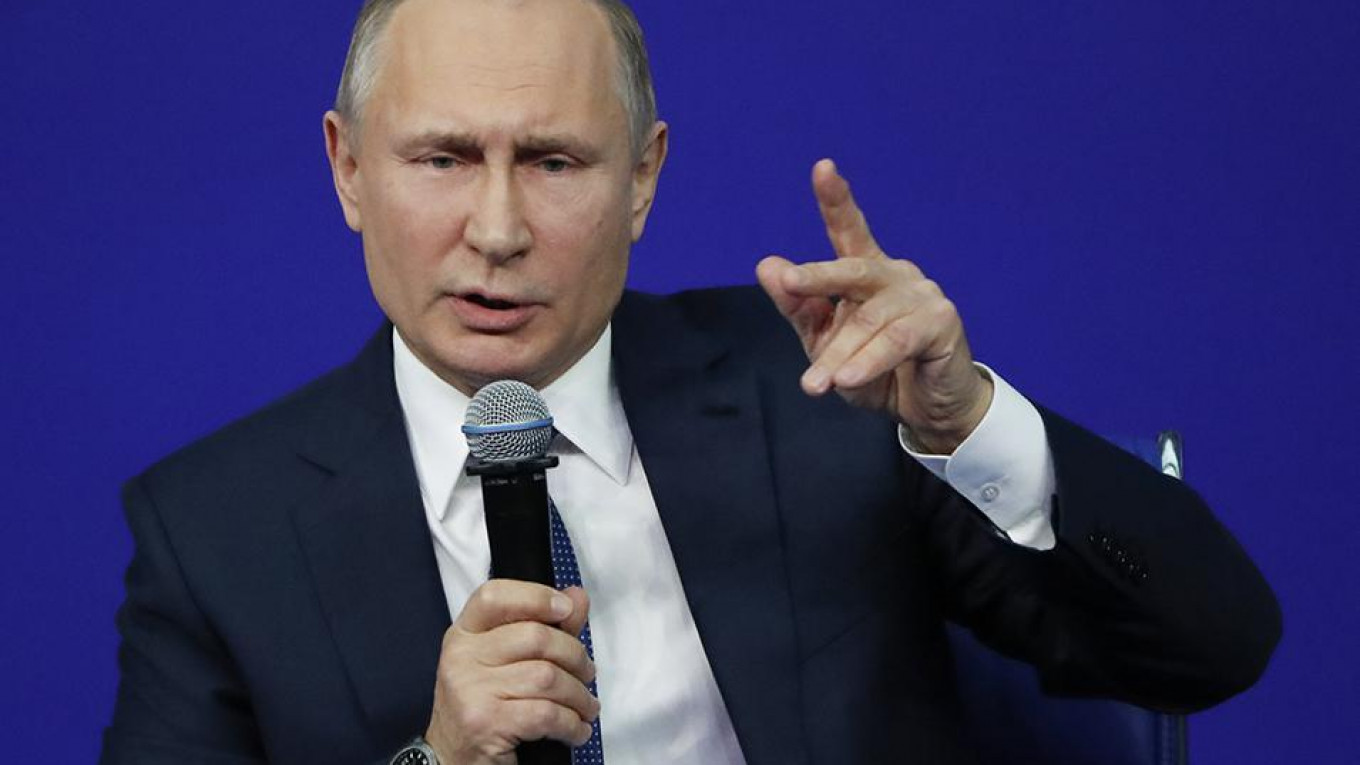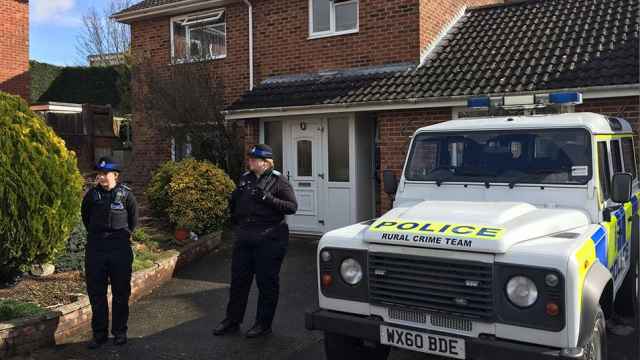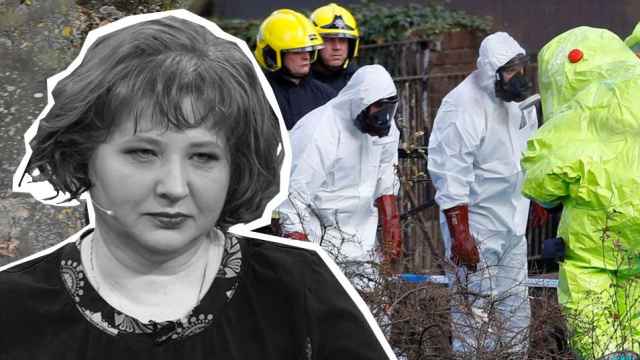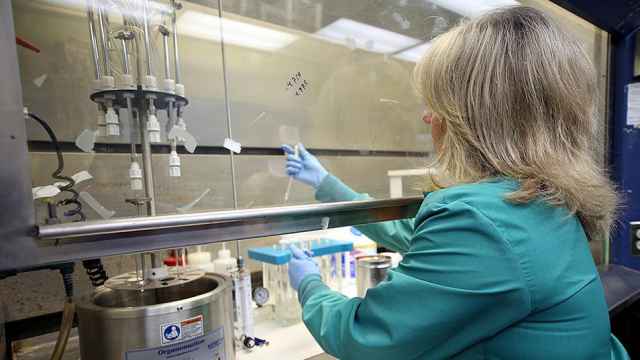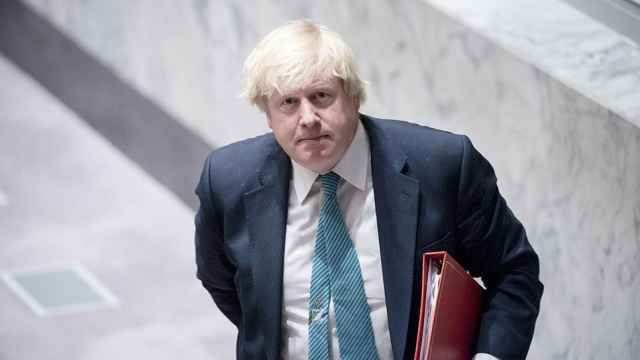Russian President Vladimir Putin said on Sunday it was nonsense to think that Moscow would have poisoned former Russian spy Sergei Skripal and his daughter, who are critically ill in a British hospital.
Britain has said that Skripal and his daughter were poisoned by the Soviet-era 'Novichok' nerve agent, and British Foreign Secretary Boris Johnson said on Sunday that Russia has been stockpiling it and investigating how such weapons could be used in assassinations.
But Putin, in his first detailed comments on the poisoning, said Russia had been falsely accused.
"As for the tragedy that you mentioned, I found out about it from the media. The first thing that entered my head was that if it had been a military-grade nerve agent, the people would have died on the spot," Putin told reporters.
"Secondly, Russia does not have such (nerve) agents. We destroyed all our chemical weapons under the supervision of international organisations, and we did it first, unlike some of our partners who promised to do it, but unfortunately did not keep their promises," Putin said.
Despite the tensions, Putin said Moscow was ready to cooperate with London.
"... We are ready to cooperate, we said that straight away, we are ready to take part in the necessary investigations, but for that, there needs to be a desire from the other side, and we don't see that yet. But we are not taking it off the agenda, joint efforts are possible."
"As a whole, of course, I think any sensible person would understand that it would be rubbish, drivel, nonsense, for Russia to embark on such an escapade on the eve of a presidential election. It's just unthinkable."
Putin was speaking after winning a new term in a presidential election.
British officials have said Moscow was culpable for the poisoning and expelled 23 Russian diplomats based in London.
Moscow retaliated on Saturday by expelling the same number of British diplomats from Moscow, shuttering the British consulate in Russia's second city of St. Petersburg and closing down the Russian activities of the British Council, which promoted British culture overseas.
A Message from The Moscow Times:
Dear readers,
We are facing unprecedented challenges. Russia's Prosecutor General's Office has designated The Moscow Times as an "undesirable" organization, criminalizing our work and putting our staff at risk of prosecution. This follows our earlier unjust labeling as a "foreign agent."
These actions are direct attempts to silence independent journalism in Russia. The authorities claim our work "discredits the decisions of the Russian leadership." We see things differently: we strive to provide accurate, unbiased reporting on Russia.
We, the journalists of The Moscow Times, refuse to be silenced. But to continue our work, we need your help.
Your support, no matter how small, makes a world of difference. If you can, please support us monthly starting from just $2. It's quick to set up, and every contribution makes a significant impact.
By supporting The Moscow Times, you're defending open, independent journalism in the face of repression. Thank you for standing with us.
Remind me later.



